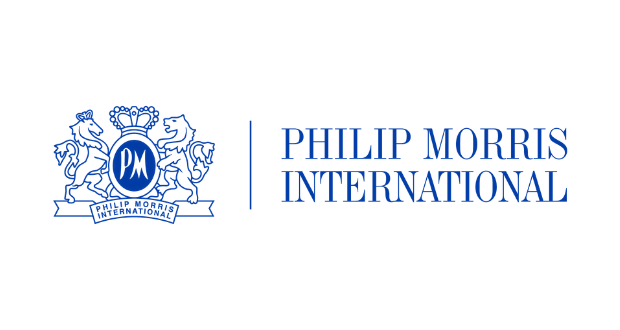ISLAMABAD (WEB DESK)
Philip Morris International (PMI) has published its 2022 Integrated Annual Report, highlighting progress against its sustainability targets and commitments. The report outlines PMI’s continued evolution into a science- and technology-driven company that aims to replace cigarettes with better alternatives for adult smokers who would otherwise continue to smoke.
“As the world grapples with the COVID-19 pandemic and the global climate crisis, PMI remains committed to delivering a smoke-free future and driving positive impact in society and the environment,” said Jacek Olczak, Chief Executive Officer of PMI. “Our latest Integrated Report highlights the progress we’ve made toward our ambitious goals, particularly in expanding the availability of our smoke-free products, investing in product and operational sustainability, and promoting diversity and inclusion within our company. We remain laser-focused on advancing our ESG agenda and driving progress on the most pressing issues facing our business and the world at large.”
PMI has established eight strategies to tackle its most pressing areas of impact, including climate change, circularity, and human rights, and established 11 goals that form the basis of its 2025 Roadmap. PMI has also developed 19 key performance indicators (KPIs) to measure progress via its Sustainability Index.
PMI published its first Environment, Social and Governance KPI Protocol last year, outlining the definition, methodology, and scope of each of the Sustainability Index’s KPIs to provide measurable, verifiable, consistent, and accurate reporting on progress. PMI has updated the Protocol to account for its efforts in 2022 to make these KPIs even more robust.
On the social side of PMI’s operations, it expanded access to structured lifelong learning offers among its employees, published a strengthened commitment to human rights, and completed its sixth and seventh human rights impact assessments, in Brazil and Malaysia. PMI’s efforts to prevent youth access to its products remained strong, with 91% of total shipment volume covered by youth access prevention programs in indirect retail channels.
In terms of environmental impact, PMI continued to decarbonize its direct operations and validated its science-based targets for net zero GHG emissions across its value chain by 2040.
PMI conducted seven human rights impact assessments since 2018 in the highest-risk countries where it operates, and 40.7% of management positions are now held by women, exceeding PMI’s 2022 target of 40%. PMI has made significant progress in its efforts to purchase leaf at no risk of net deforestation of managed natural forests and no conversion of natural ecosystems, with 55% of its leaf now purchased at no risk. PMI received a Triple A Score from CDP for climate, forest, and water security for the third consecutive year.
On the operational impact side, PMI reduced its carbon emissions intensity by 7.6% versus its 2020 baseline, exceeding its 2025 target of 5%. It also achieved an 18% reduction in water withdrawal per unit of net revenue versus its 2010 baseline, ahead of its 2025 target of 15%.
With a robust ESG framework in place, PMI has set itself ambitious targets and is taking concrete steps to achieve them. For more information please visit PMI’s website (www.pmi.com).

